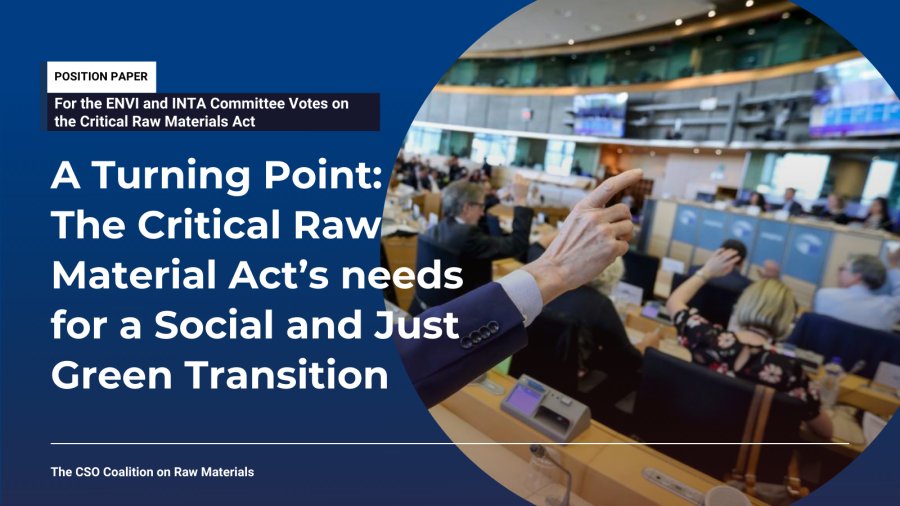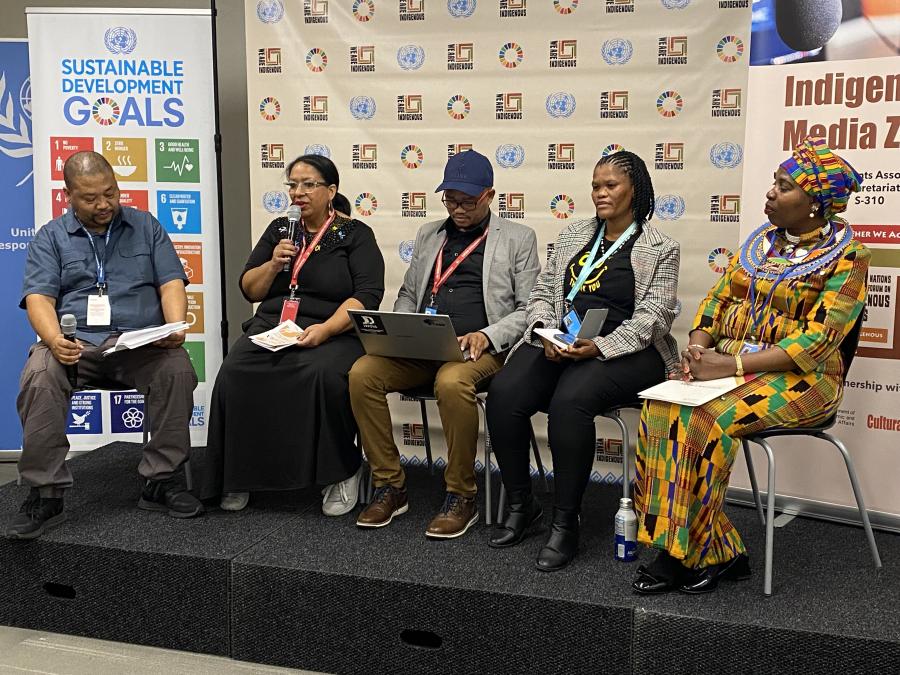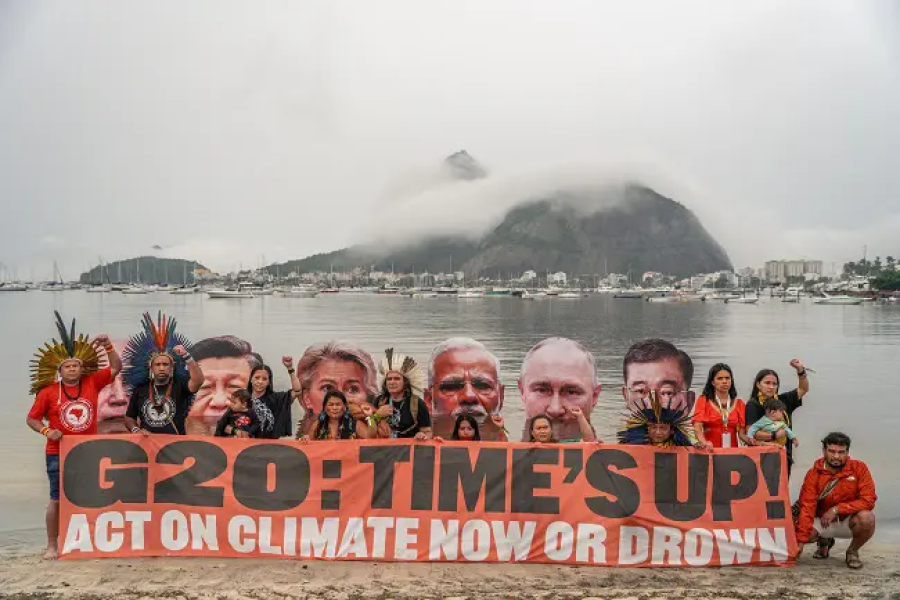
Cultural Survival congratulates Prince Zeid Ra’ad Zeid al-Hussein in his appointment as the new UN High Commissioner for Human Rights. His term will begin starting September of 2014. Prince Zeid has been an Ambassador for Jordan to the United Nations for the last 10 years and he is proud to be the first High Commissioner to come from the Asian continent to represent the Arab and Muslim worlds. Prince Zeid has had a successful career contributing to the drafting of the elements for individual offenses such as genocide and war crimes. He was also a leading developer of the International Criminal Court. According to Resolution 48/141 which created the Office of the High Commissioner for Human Rights in 1993, the High Commissioner must have “high moral standing and personal integrity” and also be familiar on a general level with many cultures of the world. Other responsibilities include developing policies that support human rights, communicating with governments, and to streamline the UN’s focus in the field of human rights.
We also thank outgoing High Commissioner Ms. Navi Pillay for her dedicated service. Ms Pillay was appointed in 2008 and will be completing her term. She was the first High Commissioner to encourage the UN to recognize and protect gay rights around the world and has been a strong advocate against the countries that continue to practice capital punishment. On March 13, 2012 Ms. Pillay visited Guatemala to hear the voices of the Indigenous Peoples fighting for land rights, women’s rights, and the protection of the environment. She was presented with an intervention by community radio representative Rosendo Pablo (Maya Mam) encouraging her support for Bill 4087 for Community Media which would legalize community radio in Guatemala. Ms. Pillay said she was struck that “although indigenous peoples constitute the majority of the population, they continue to be subject to the exclusion and denial of their human rights." In her report to the government of Guatemala, she denounced Indigneous People's exclusion in all spheres, including access to basic services, land ownership, access to justice, participation in public decision-making processes and bodies, as well as the criminalization of indigenous leaders who are using their right to dissent.”



